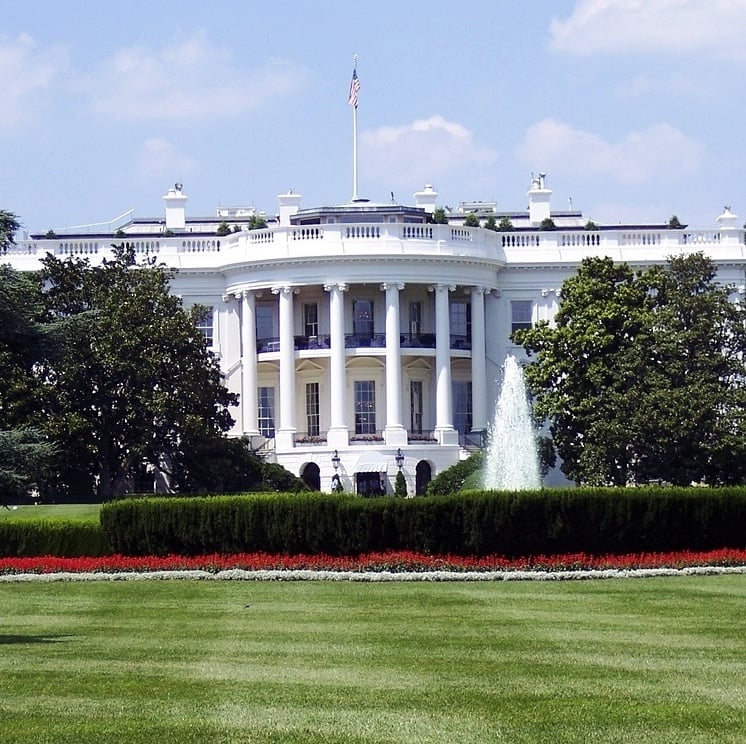Legalizing Sports Betting
State legislators this year are again considering legislation to legalize sports betting.
College football fans recently packed Mercedes-Benz Stadium in Atlanta for both the Chick-fil-A Peach Bowl and the national championship game. Fans across the nation placed bets on the final score, total points and star players’ individual stats.
 Sports enthusiasts in nearby states Tennessee and North Carolina could legally place those bets using an app on their phones. As a result, the companies offering these apps paid taxes to those states on each bet placed.
Sports enthusiasts in nearby states Tennessee and North Carolina could legally place those bets using an app on their phones. As a result, the companies offering these apps paid taxes to those states on each bet placed.
Fans watching from the stadium and at sports bars, and Georgians watching from home, could also place bets on their phones. Thousands did. Those bets were illegal here, but the state has no ability to identify and prosecute violators, nor should it. The laws in Georgia and other states that forbid sports betting are easily skirted because the wagers are processed through offshore servers, beyond the reach of U.S. jurisdiction. As such, there’s no way to capture tax revenue, and gamblers swindled by unscrupulous companies have no legal recourse. A black market cheats the state’s coffers and consumers.
State legislators this year are again considering legislation to legalize sports betting. They should see this not as “allowing” sports betting – as mentioned, the law is unenforceable – but simply regulating what is already happening. If passed, Georgians who consider gambling immoral or choose to abstain would hardly notice, other than perhaps industry marketing. Unlike casinos or horse tracks, there’s no infrastructure, easing the worries of those who see either as magnets for crime.
A regulatory regime under the Georgia Lottery would protect consumers as well as produce a new stream of revenue. It’s estimated that sports betting would generate $150 million annually; North Carolina, a similarly sized state, is on path to even larger annual revenues. That could deepen the resources of current lottery programs – HOPE Scholarships and pre-K classrooms – or fund new endeavors.
The merit-based HOPE has succeeded in keeping many more of our best and brightest at home – “brain gain” – but it’s also true that its benefits skew heavily toward wealthier, metro area families. Legislators could consider putting the money toward needs-based scholarships, such as the REACH Scholarship that many counties have embraced, or college completion grants that help those with financial struggles finish their degrees. Others might prefer to expand access to healthcare in rural counties and for those who rely on safety net providers. Any of those would fulfill a legitimate need in the state, which would contribute to voter support. Let’s not forget that opposition to creating the Georgia Lottery nearly led to its defeat at the ballot box in the early ’90s. Now its programs are sacred cows.
There’s disagreement about whether legalizing sports betting requires a constitutional amendment, as creating the Georgia Lottery did. An amendment imposes a high bar, requiring a 2/3 approval in both houses of the General Assembly and majority approval of Georgia voters in the next general election.
Some, like former state Supreme Court Justice Harold Melton, have argued that no amendment is needed if sports betting is placed under the constitutionally established lottery. Passing a regular bill with simple majorities is much easier. Still, legislators have proceeded in the past as if an amendment is needed. While harder, it also gives supporters a strong argument: Let the voters decide the issue. Putting it in the hands of Georgians provides political cover to Republican legislators worried about blowback from social conservatives despite the fact that 81% of Georgia GOP primary voters – a very conservative group – answered yes last year to the ballot question, “Would you support a statewide vote to allow gaming in Georgia so the voters can decide this issue instead of politicians in Atlanta?”
Atlanta is a premier sports destination for top events, including the FIFA World Cup, the Super Bowl, the MLB All-Star Game, et al. Together they bring hundreds of millions in economic impact and help businesses thrive. With gaming becoming an ever-bigger part of sports, our current law will become a competitive disadvantage in future bids. The business aspect explains why the Metro Atlanta Chamber as well as the Falcons, Braves, Hawks and United strongly support this legislation. Consumer protection. New revenue for beloved education programs. Economic opportunity. All are reasons to support legalized sports betting beyond the most obvious: Freedom-loving Georgians don’t want the government telling them how they’re allowed to spend their hard-earned dollars. 
Brian Robinson is co-host of WABE’s Political Breakfast podcast.State legislators







